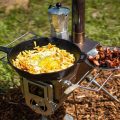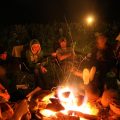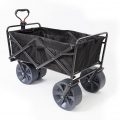Last Updated on August 5, 2023 by Dean Anderson
You can find ways to survive without adequate shelter. You can last weeks without food. However, you won’t make it more than three or four days without water.
When you’re up in the mountains or deep in the woods camping, you can’t always expect to haul all of the water you’ll be using, especially if you’re hiking in. In this case, you need to make sure you know how to boil water while camping to purify it for use.
Additionally, although there are magnificent camping stoves out there like bottle-top stoves and rocket stoves, you can’t always rely on them. You may run out of fuel, damage the product, or simply leave it at home.
Keep reading to understand all of your options for boiling water without a stove while you’re out in nature!
How to Boil Water While Camping (Without a Stove!)
There’s a lot to consider before you start boiling water when you’re out in nature. You need to consider where it’s coming from, your altitude, and how long it needs to be boiled to sanitize it.
Where to Get Water
First, remember that the best clean water sources come from streams, creeks, and rivers. Moving water will have the fewest bacteria. Stagnant water can be full of bacteria, especially in warm climates.
Avoid getting water from lakes and ponds, unless you have no other choice. If you’re camping in winter and your only option is snow, aim for fresh snowfall or the purest snow you can find.
How Long to Boil Water
Next, learning how to boil water while camping also means learning how long to boil it for. For example, to purify water fully, it needs to be held at a rolling boil for at least a minute, three minutes in higher altitudes.
If you can’t get it to a rolling boil, make sure you keep it at a low boil for longer. This will ensure you kill as much harmful bacteria and pathogens as possible.
If you’re using a water source full of dirt and debris, use a shirt to pour the water through into your container. The shirt will catch most of the larger debris and give you the cleanest start.
Obviously, there are more sophisticated options for filtering water available. Hand pump-style water filters like these can clean and decant a bucket of water in no time. Filtering with an EPA-certified product that can remove 99.99999% of all bacteria and then boiling will make the water as safe as possible.
Lastly including water purification drops containing chlorine dioxide or Katadyn tablets in your kit bag is also a good cost effective move.
Using Fire
Not to beat around the bush too much, you’re going to use fire to boil your water. There are multiple ways to do this and multiple containers you can use. For example, there are kettles specifically made for camping such as a Kelly Kettle and also different types of camping cookware. For repeat use, you’ll need something substantial rather than a cheap aluminium container that will eventually burn through.
As far as learning how to boil water while camping, you can set your container on a large rock in the fire pit near the flames or suspend it over the fire.
To hang it over the fire, you can build a tripod or a platform rack out of sticks. A tripod is better as it will be largely unaffected by the fire beneath. Whereas the platform will eventually burn and become unstable.
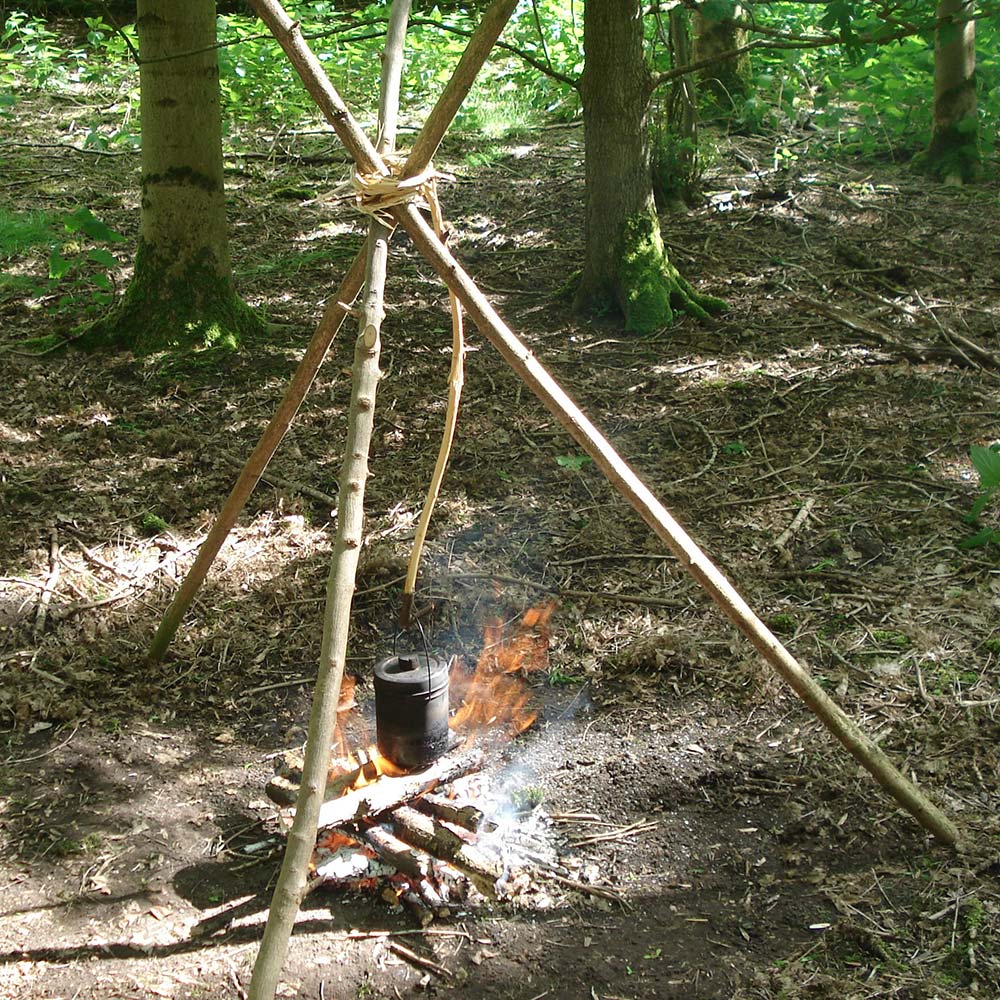
Make sure you don’t burn your hands when taking the pot or kettle off the fire. Use gloves if possible as it’s easy to forget!
In case of emergencies, you should also learn how to start an emergency fire without matches or a lighter. It’s a good survival skill and could come in handy someday.
Good Gear Saves Lives
Thanks for reading, we hope to learn how to boil water while camping serves you well in the future. And remember, for more articles on life-saving camping gear and camping hacks, be sure to check out the rest of our articles!
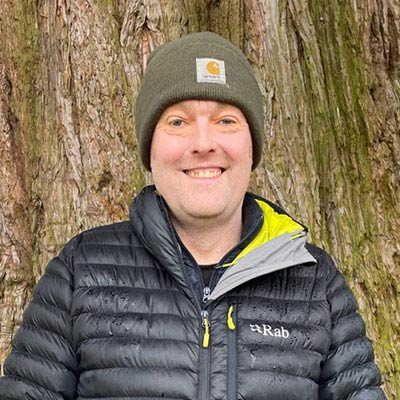
Eight years ago, I took a risk and left a miserable office job to follow a lifestyle career that involved my love for the great outdoors. I’ve taken my love for camping, hiking and travel to the next level by running my small campground with a friend near Portland, Oregon. It’s for way less money but this has truly been a dream come true and the running involves lots of family and friends.
The next evolution of that was to get online and start allcampingstuff.com. At our campground, I spend a lot of time setting up camping equipment for customers and disposing of the garbage products they leave behind. If I can help just a few people with advice on good camping gear, then this website venture will be worth it.
So, if you want to avoid the duds and spend your money wisely you’ve hopefully come to the right place.

